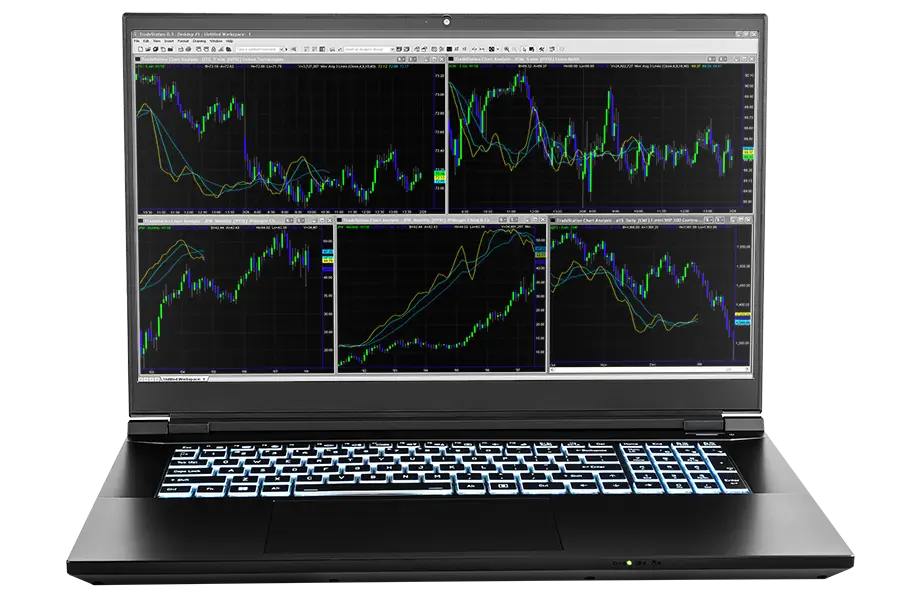Windsor Brokers: Donald Trump's presidency
Market Response to Trump's Victory
| Indicator | Change | Impact |
| S&P 500 | +2.5% | Positive |
| US Dollar Index | +1.9% | Strengthening |
| 10-Year Treasury Yield | +0.18% | Rising |
| Bitcoin | +10% | Record High |
| Chinese Markets | -2.5% | Negative |
Economic Policy Changes
The incoming administration’s economic agenda centers on several key initiatives that could reshape the investment landscape. Trump’s proposed policies include making the 2017 tax cuts permanent and potentially reducing corporate tax rates further to 15-20% for companies manufacturing within the United States. These measures aim to stimulate domestic production and economic growth. The administration’s approach to fiscal policy suggests a significant departure from previous economic frameworks.
Trade Policy Implications
Trade policy stands as a central focus of the new administration’s economic agenda. The proposed implementation of substantial tariffs, including a 60% rate on Chinese imports and potential universal tariffs of 10-20% on other countries, signals a shift toward protectionist measures. These policies could significantly impact global trade dynamics and supply chains.
International Trade Impact Areas:
- Global supply chain restructuring
- Import cost increases
- Export market adjustments
- Manufacturing sector changes
- Currency exchange rate fluctuations
This restructuring of trade relationships creates both challenges and opportunities for various market sectors.

Regulatory Environment Changes
Financial Sector Reforms
The anticipated regulatory changes under Trump’s presidency suggest a substantial shift in the financial sector’s operational framework. The administration’s approach indicates a move toward deregulation, particularly in banking and financial services. These changes could potentially reduce compliance costs and increase operational flexibility for financial institutions.
Energy Sector Modifications
Energy policy reforms represent another significant area of regulatory change. The administration’s stance favors traditional energy sources and suggests reduced emphasis on renewable energy initiatives. These modifications could reshape investment opportunities in both conventional and alternative energy sectors.
Investment Sector Analysis
Different market sectors present varying investment prospects under the new administration. The financial services sector shows particular promise due to potential deregulation. Defense contractors and traditional energy companies may benefit from policy shifts. Technology and semiconductor firms could see growth opportunities despite trade tensions.
Sector Performance Expectations:
| Sector | Outlook | Key Factors |
| Financial Services | Positive | Deregulation |
| Defense | Positive | Spending Increase |
| Technology | Mixed | Trade Impact |
| Clean Energy | Negative | Policy Shift |
| Manufacturing | Positive | Tax Incentives |
Market Risk Assessment
The implementation of new policies brings various market risks that require careful consideration. Inflation concerns arise from potential tariff impacts and fiscal policy changes. The growing budget deficit presents another significant risk factor. These elements could influence market stability and investment returns over the medium to long term.
Global Market Impact
International Investment Implications
The global investment landscape faces significant adjustments under the new administration. International markets show varying responses to policy changes, with particular impact on emerging markets and trade-dependent economies. These shifts create new dynamics for international investment strategies.
Currency Market Effects
Currency markets demonstrate notable reactions to policy expectations. The dollar’s strength affects international trade and investment flows. These currency movements influence investment decisions across various asset classes and geographical regions.
Risk Factors for International Markets:
- Trade policy uncertainty
- Currency volatility
- Regulatory changes
- Economic policy shifts
- Geopolitical tensions
The global market response continues to evolve as policy details emerge.

Investor Strategy Considerations
Developing effective investment strategies requires careful analysis of various factors under the new administration. Portfolio diversification becomes increasingly important given market uncertainties. Sector allocation decisions need to account for potential policy impacts across different industries.
Long-term Investment Outlook
The long-term investment perspective requires consideration of structural changes in the economy. Policy shifts may create lasting impacts on various sectors and asset classes. These changes influence strategic investment planning and portfolio management approaches.
Market Adaptation Strategies
Investors need to adapt their strategies to accommodate new market realities. This adaptation includes reassessing risk tolerance levels and adjusting portfolio allocations. Understanding policy implications helps inform investment decisions and risk management approaches.